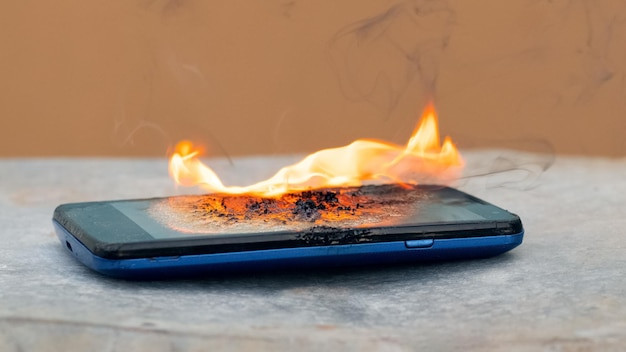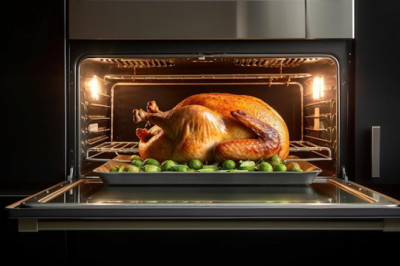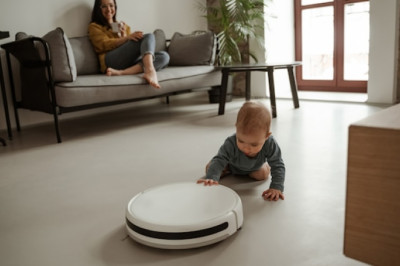Overheating Protection Mechanism

Smartphones are equipped with various sensors, including temperature sensors, to monitor their internal conditions. When the ambient temperature reaches extremes, like the 100-degree mark, it can cause the phone's internal temperature to rise dangerously high. To prevent damage, the phone's built-in overheating protection mechanism triggers an automatic shutdown. This is a safety feature designed to preserve the longevity of the device and prevent potential hazards, such as battery explosions or fires.
Battery Preservation
Lithium-ion batteries, which power most modern smartphones, are particularly sensitive to heat. Excessive temperatures can degrade the battery's chemistry, leading to reduced capacity, shorter lifespan, and in severe cases, swelling or leakage. By automatically turning off, the phone prevents the battery from being exposed to prolonged high temperatures. This preemptive measure ensures that your device remains reliable and safe to use over time.
Processor and Internal Components Safety
The processor and other internal components of a smartphone generate heat during operation. High external temperatures worsen this situation, potentially pushing these components beyond their limits. Long exposure to excessive heat can lead to permanent damage, affecting the phone's performance and even rendering it unusable. The automatic shutdown acts as a critical stopgap, allowing the device to cool down and protect its delicate internal architecture from heat-induced failure.
Preventing Data Loss
Unexpected shutdowns due to overheating also serve a crucial role in data protection. High temperatures can ruin data and damage storage components, leading to loss of important information. By turning off automatically, smartphones minimize the risk of data corruption and ensure the integrity of your stored data. This protective measure safeguards not only the physical device but also the valuable information it contains.
Enhancing User Safety
Beyond protecting the device itself, the automatic shutdown feature prioritizes user safety. Overheated devices can cause burns if handled or pose a fire risk in extreme cases. Manufacturers implement these shutdown protocols to prevent such accidents, making sure that users are not exposed to potential harm from using their phones in high-temperature environments. This consideration underscores the importance of adhering to usage guidelines and being mindful of environmental conditions.
Impact on Device Performance
Repeated exposure to high temperatures and consequent shutdowns can have a cumulative effect on your smartphone's overall performance. Components stressed by heat may degrade faster, leading to slower processing speeds, diminished battery life, and increased susceptibility to future overheating. It's essential to manage your device's exposure to heat not only to prevent immediate shutdowns but also to maintain optimal performance and extend its usable life.
Preventive Measures
To avoid automatic shutdowns and protect your phone from heat damage, consider taking preventive measures. These can include avoiding direct sunlight, not leaving your phone in a hot car, reducing usage during high temperatures, and utilizing cooling accessories. Additionally, keeping software up to date can ensure that your phone's thermal management algorithms are optimized for the best protection against overheating. Adopting these habits can help keep your device safe and functional, even in extreme weather.
Understanding Manufacturer Guidelines
Smartphone manufacturers provide specific guidelines regarding operating temperatures for their devices. Familiarizing yourself with these recommendations can help you understand the limits of your phone and the conditions under which it is designed to operate safely. Adhering to these guidelines not only prevents automatic shutdowns but also contributes to the longevity and reliability of your device. It's a crucial step in responsible device management and ensuring your phone serves you well for years to come.











Comments
0 comment